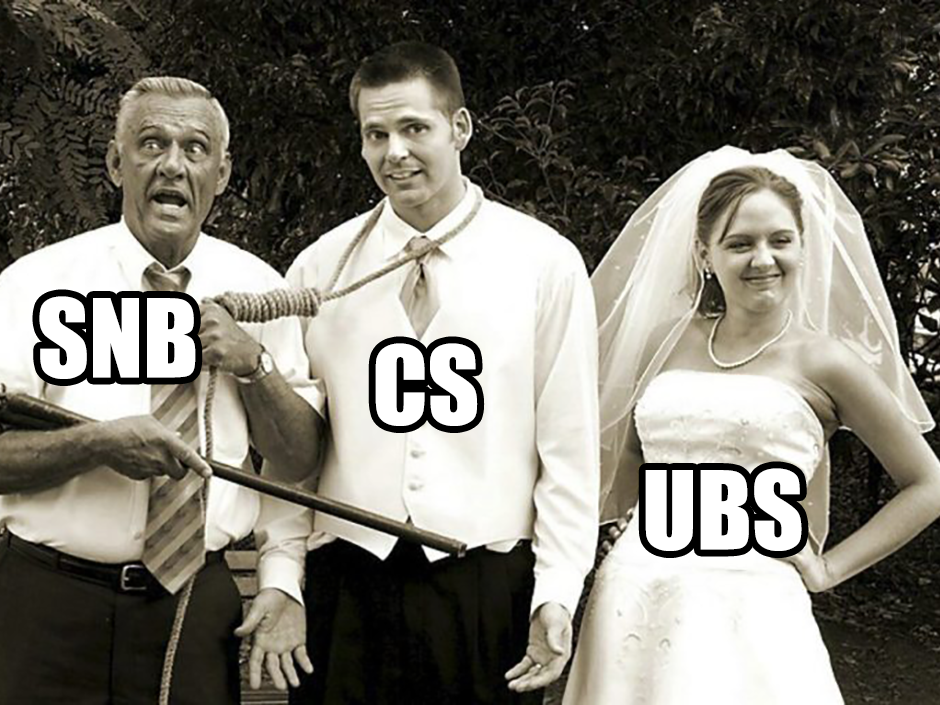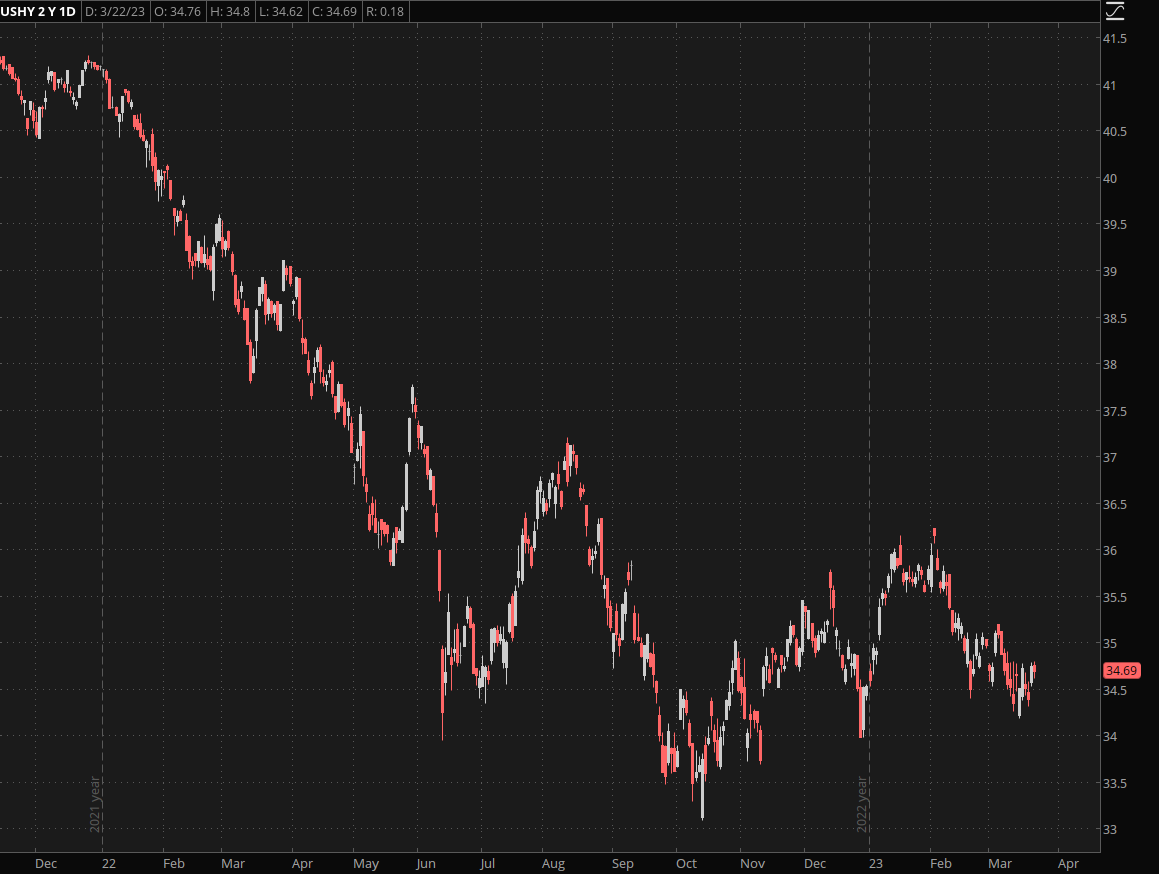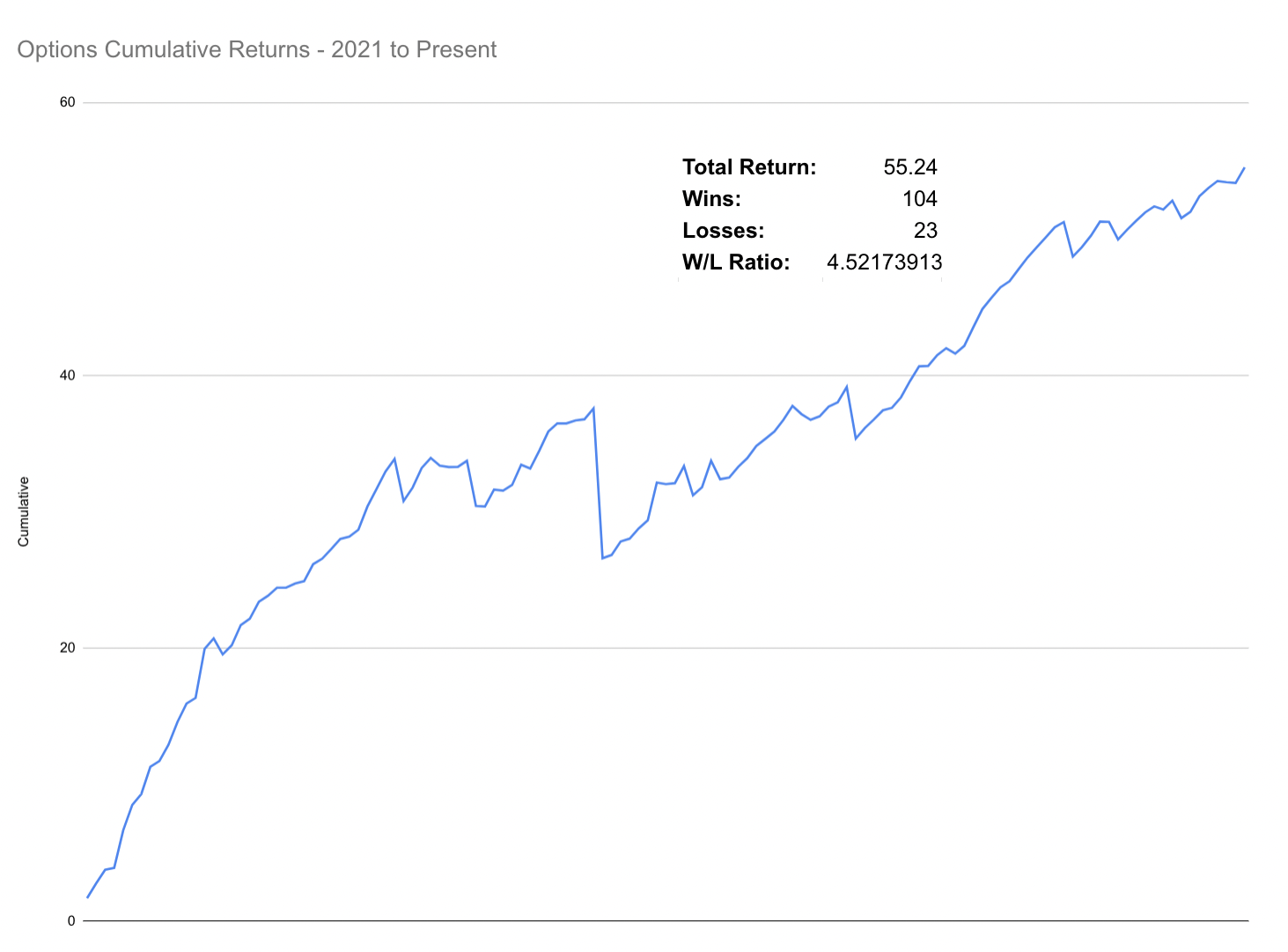The great bank wipeout of 2023 seems to be picking up pace. And it’s causing collateral damage in a few unexpected places.

The “shotgun wedding” sale of the 166-year-old Credit Suisse to its historic arch-enemy is the latest shock to the global financial system — with analysts wondering whether more European banks are due to fall.
After the dust of the sale settled holders of so-called “AT1,” or additional tier 1 bonds, purchased through Credit Suisse were shocked to learn that their entire $17 Billion investments was wiped out in the deal — a move that some claimed is illegal.
Not that term has retained much of a meaning over the past few years.
If you aren’t a finance nerd: AT1 bonds, which are also known as “contingent convertibles,” are bonds that were created after the 2008 financial crisis.
AT1 bonds are basically debt instruments, which count toward banks’ regulatory capital, and are considered riskier.
While they typically provide a higher yield than most other bonds, they can also be either converted into equity or written down entirely if a lender goes under.
Now of course with more yield also comes more risk, and that’s certainly true. AT1 bond holders know that they’re taking on more risk and that they’re there to absorb losses.
However usually it’s debt and bond holders who are first in line before a single thought is wasted on stock holders.
But in this upside down world we are apparently all now living in everything has been turned on its head.
Shareholders got 3 billion Swiss francs ($3.2 billion) and AT1 holders got zilch, which is a reversal of the usual hierarchy.
Some claim that the entire affair is basically illegal and I have an inkling that financial litigators across the globe are already sharpening their pencils.
Well, good luck with that. Winning in a Swiss court against the SNB is as likely as finding a slice of Swiss cheese without holes.
In all seriousness however, if anyone thinks further than their nose it should be clear that there are going to be some unintended consequences from screwing over bondholders.
You see, bond holders – unlike their stock trading brethren – aren’t morons and they happen to have a LONG memory.
You kinda got to if you consider holding a corporate or treasury bond to maturity.
And what do you think screwing over Swiss corporate bond holders, previously considered iron-clad, is going to do to any future funding efforts?
Can you say bond market dislocation?
Well, you better say it three times in a row in the hopes it’s only Beetlejuice who shows up.
Because not too far down the line I’m seeing banks with severe problems to raise funding via corporate bonds, which is sort of a problem if you think about it.
I guess once the bow of the Titanic starts dropping it’s everyone man for himself.

Thus far I don’t see much of a response over in iShares Broad USD High Yield Corporate Bond ETF (USHY), one of Warren Buffet’s current favorites based on recent NEAM purchases.
The average yield on USHY is 2.78% which may explain why we haven’t seen more of a response here.
Why risk plunking assets into this wood chipper of a stock market if one can simply load up on some corporate bonds and enjoy rising yields and collect dividends?
Good question 😉
However doing that has just become a lot more riskier, which means that bond investors are increasingly going to look at emerging markets to meet their needs.
In the interim, if you’re tired of losing and want to learn how to trade like a pro then here’s your chance.
With RPQ Unlimited, you’ll receive all the trading education you will ever need to be a successful options trader on a long term basis.
We believe it is crucial to immediately start growing your trading account just like a professional: slowly and consistently.
Which is why we are spoon feeding you live quant trades that you’ll place alongside us. Trades from proven market specific strategies, with a proven track record that institutional firms keep under lock and key.
A LIVE cumulative P&L with all trades over the past year can be found here.
You can sign up right here.
See you on the other side.

